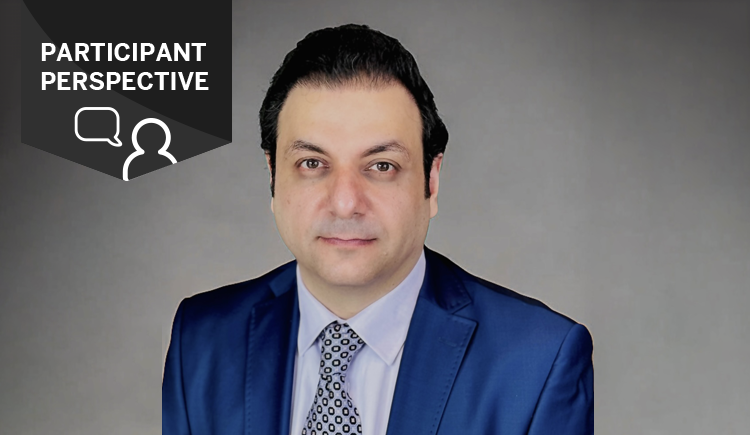
“What you leave behind is not what is engraved in stone monuments, but what is woven into the lives of others.” - Pericles
What is the purpose of medical education? To answer this question, we must answer what it means to be an educator. One of the greatest roles of an educator is making a positive impact on the lives of their learners and inspiring them to make a difference in the world.
As a former Josiah Macy Faculty Scholar, one of the most important principles I took away was that we should strive to improve health care delivery by enhancing the education and training of health care professionals. To put it another way, medical educators play a crucial role in health care transformation by preparing students to meet future patient care needs and lead change in the emerging clinical environment.
Well, it all sounds great until you try to change the curriculum. Unfortunately, as many of you have discovered, there are no limits to the difficulties encountered in medical education. Whether it’s overcoming opposition to the launch of a new educational program, gaining faculty support for a teaching initiative, or obtaining resources (e.g., time, space, personnel) to support the development of a new curriculum, change is hard.
Great Leaders Focus On What Is Important, Not What Is Easy
However, leadership is all about leading change and guiding others through it. And by leadership, we don't always mean someone with a title but rather anyone trying to make a difference by advancing the status quo. Medical educators must be capable of driving change in this way. These leaders use their vision, strategy, and influence to make an impact.
Effective leaders understand how to influence others by leveraging intrinsic motivators that lead to change. First, you need to communicate the goal of change; show why your educational initiative is necessary. Use data (e.g., needs assessment), testimonials, and appeals to authority (e.g., accreditation requirement) whenever possible. You must also provide people with the necessary training and resources to ensure their success (i.e., faculty development). Track and demonstrate progress with metrics and awards. Finally, involving others in the design and implementation of the initiative helps get buy-in. Allow people to provide feedback and customize based on their specific requirements. These are the keys to motivating others to join you in your efforts to create change in medical education.
Gaining followers is not enough to be an effective change agent. It is also frequently necessary to obtain the necessary resources or institutional support to facilitate the educational goal. To accomplish this, leaders should demonstrate how their educational initiative is a priority by aligning it with the organization's strategic goals. For example, an interprofessional education project could be linked to improving patient safety in the hospital. It is critical to demonstrate the return on investment.
Leaders must also be practical, bringing solutions to anticipated implementation problems. This allows others to see the project's feasibility and the due diligence you have already performed. In addition, a stakeholder analysis helps to address political dynamics that may play a role in the change initiative.
Finally, don't give up. Things don’t often change overnight. It's possible that you'll have to spend time advocating for what you're trying to achieve. Remember, if it is not important enough for you to be persistent, then why would anyone else make it a priority? You may ultimately have to settle for a pilot project, but this can serve as proof of concept and help your initiative gain traction. Many major educational programs began as small-scale initiatives.
Never Underestimate The Impact of True Leadership
Putting it all together, we recognize that, just as there are different learning styles, different leadership strategies are required for different situations and people. You can use your leadership skills as a medical educator and change agent to coach, promote, and inspire others, as well as gain support and navigate obstacles to implementing effective change.
As health care evolves, medical educators are needed to guide students in meeting current and future patient care demands. Medical education must be at the forefront of health care transformation, and medical educators must be ready to lead our profession into the future.


